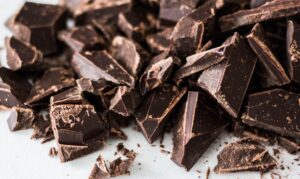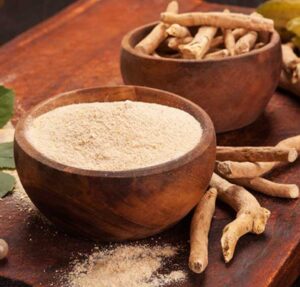What is the vegan diet ? benefits/guidance/ethics/food list
Are you thinking to take vegan diet? then why,
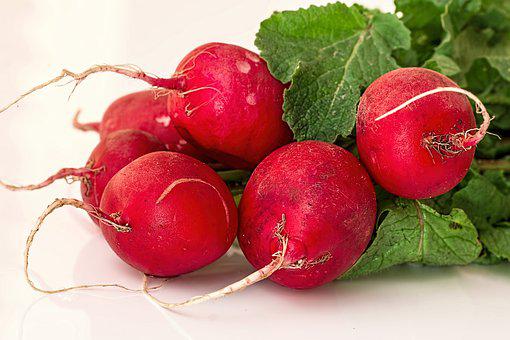
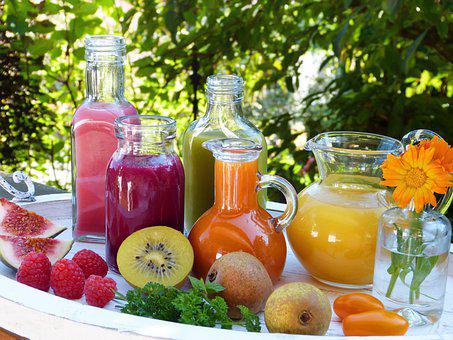
Veganism has exploded in popularity. Veganism is becoming increasingly popular for ethical, environmental, and health reasons. This diet may provide a variety of health benefits, such as better blood sugar control and heart health. It can also aid weight loss if that is your objective. However, a diet consisting solely of plant foods may raise your risk of vitamin deficiency in some circumstances. That’s where our comprehensive vegan diet beginner’s guide comes in. It tries to provide all you need to know about veganism in order to live a healthy lifestyle
What exactly is veganism?
The word “vegan” was invented in 1944 by a small group of vegetarians who split off from the Leicester Vegetarian Society in England to form the Vegan Society, according to the Vegan Society. They choose not to eat meat, dairy, eggs, or any other animal-derived goods in addition to not eating meat. The name “vegan” was coined from the first and last letters of the word “vegetarian.” The original definition of veganism was published in 1949. Its name has evolved slightly through time to become what it is presently

Why do individual choose to go Vegan ?
Animal products often avoid by people for one or more of the following reasons. Vegans that are ethical think that all animals have a right to life and freedom.
They see all animals as aware creatures that, like humans, want to live in a world free of pain and suffering.
As a result, ethical vegans abhor killing an animal for the sake of eating its meat or wearing its fur or skin.
This is because vegans are against ingesting items that mainly rely on the slaughter of other animals, especially when there are alternatives.
Furthermore, ethical vegans think that humans should not exploit animals’ milk, eggs, honey, silk, or wool, regardless of the living circumstances provided to the exploited animals .
This is why, even when the animals are not harmed, ethical vegans refuse to drink their milk, eat their eggs, or wear their wool.

-Mischa Temaul
Health
- Veganism is popular among certain individuals because of the health benefits it may provide.
- Meat-heavy diets, particularly red meat, have been related to cancer, heart disease, and type 2 diabetes in the past.
- Plant-based diets, on the other hand, have associated to a decreased risk of certain illnesses developing or dying prematurely.
- Reduce your consumption of animal products in favor of more plant-based choices to improve your digestion and also lower your risk of Alzheimer’s disease.
- A vegan diet can also assist to reduce the negative impacts of contemporary animal agriculture’s antibiotics and hormones.
- Finally, vegan diets tend to be particularly beneficial in aiding weight loss. Veganism has linked to a decreased risk of obesity in several research
These minerals are typically deficient in vegan diets
B12 nutrient
Vitamin D
calcium
zinc
iodine
selenium
Vegans may use supplements to complement nutrients they may be lacking in their diet.
Environment
People may also choose to stop eating animal products to reduce their environmental effect.
Animal husbandry contributes significantly to greenhouse gas emissions , which cause climate change, according to current studies.
Meat eaters a expects to produce 2–2.5 times the amount of greenhouse gases as vegans.
Ruminant animals, such as cattle, sheep, and goats, appear to produce the most greenhouse emissions per grammes of protein

Veganism comes in a variety of forms.
It’s vital to remember that being vegan does not always imply being healthy.
Here are a few vegan diet subcategories that I’ve encountered in my clinical practice during the last few years:
Vegans who follow a vegan diet. This term, which sometimes interchange with “plant-based eaters,” refers to those who forgot eating animal products but utilize them in other things like clothes and cosmetics.
who eat only whole foods. these people prefers Whole foods, such as fruits, vegetables, whole grains, legumes, nuts, and seeds, and also eat “junk food.” Processed vegan meals, such as vegan meats, fries, frozen dinners, and sweets, such as Oreo cookies and nondairy ice cream, are popular among some vegans.

who eats only raw foods Only raw or cooked meals below 118°F (48°C) consume by this group and also eat just low-fat raw foods Fruitarians are a subgroup of people
who avoid high-fat foods like almonds, avocados, and coconuts, preferring to eat mostly fruit instead.
Vegan diets that are high in whole foods tend to be quite healthy.
Dietary, whole-food, “junk-food,” raw-food, and low-fat raw-food veganism are examples of this eating habit. A vegan diet’s health advantages (or lack thereof) and it determines by the items that make it up.
What do vegans consume?
Here are some of the most important items to consume and avoid on a vegan diet.
Vegans consume the following foods:
You don’t have to limit yourself to salads and tofu if you avoid animal products. On a vegan diet, you can consume a broad variety of delectable dishes.
- Beans, peas, and lentils, such as red, brown, or green lentils; chickpeas; split peas; black-eyed peas; black beans; white beans; and kidney beans; chickpeas; split peas; black-eyed peas; black beans; white beans; and kidney beans
- Soy goods, such as fortified soy milk, soybeans, and tofu, tempeh, and natto, are manufactured from soy.
- Peanuts, almonds, and cashews, as well as their butters
- Sunflower seeds, sesame seeds, and their butters, as well as flaxseed, hemp seeds, and chia seeds, are examples of seeds.
- Whole grains: quinoa, whole wheat, whole oats, and whole grain brown or wild rice, as well as whole grain bread, crackers, and pasta derived from these grains

- Potatoes, sweet potatoes, maize, squash, beets, and turnips are examples of starchy vegetables.
- Raw, frozen, canned, dried, or pureed non starchy vegetables include broccoli, cabbage, asparagus, radishes, and leafy greens.
- Apples, pears, bananas, berries, mango, pineapple, oranges, and tangerines are examples of fruits that can be purchased fresh, frozen, canned, dried, or pureed.
- Algae, nutritious yeast, fortified plant milks and yoghurts, and maple syrup are just a few examples of other plant-based foods.
- Many of the things you eat now are vegan or can be made vegan with a few easy changes.
- Meals using beans, peas, lentils, tofu, tempeh, nuts, or seeds, for example, can be substituted for meat-based main courses.
you may substitute plant milks for dairy, scrambled eggs for scrambled tofu, honey for plant-based sweeteners like molasses or maple syrup, and raw eggs for flaxseed or chia seeds.
Just be aware that they may have heavily processed. So, while they’re good in moderation, they shouldn’t make up the majority of a vegan diet
Vegans avoid these foods.
Vegans abstain from eating anything that comes from an animal. Among them are:
Beef, chicken, duck, fish, and shellfish are some examples of meats and fish.
Whole eggs and items containing eggs, such as baked goods
Milk, cheese, butter, and cream, as well as meals produced with these components, are examples of dairy products.
Honey, albumin, casein, carmine, gelatin, pepsin, shellac, isinglass, and whey are just a few examples of animal-derived components.
there are some vegan which can include in diet .
OTF Vegan Protein Bar-6 grams Protein-Orange Flavor (Box of 6)
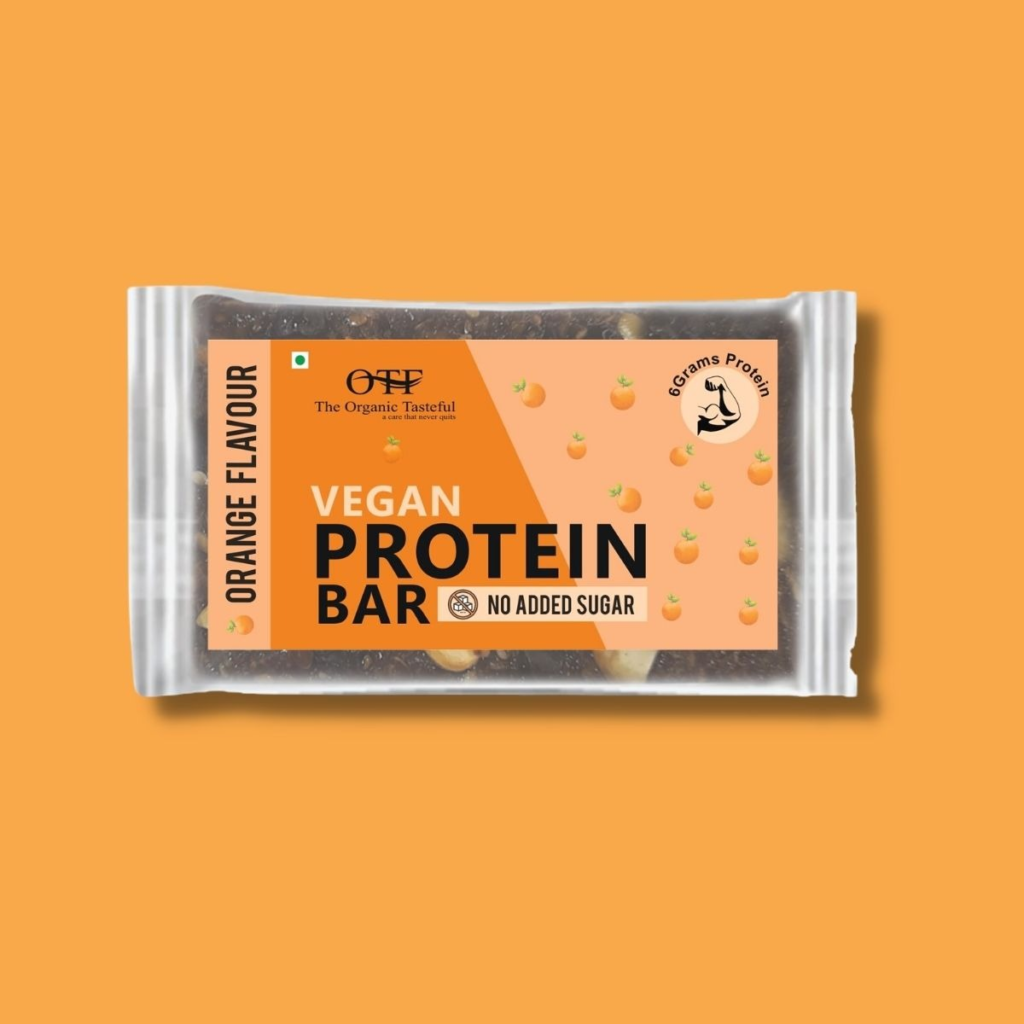
Vegan Protein Bar, Orange Delight Open hungrily and leave full. Enjoy this protein bar every bite of which is healthy. This is a meal replacement bar with richness in taste. This flavorful and natural bar is the meal of the day.
shop and further details – https://foodvez.com/product/otf-vegan-protein-bar-6-grams-protein-orange-flavor-box-of-6/
OZiva Plant Based Her Balance for PCOS (with Chaste berry, Shatavari, Red Raspberry, Ashoka) for better cycle and hormonal balance, Certified Vegan, 250g

About this item
- Contains clinically proven ingredient Lutemax 2020 (standardized for Lutein and Zeaxanthin) which is derived from the Indian power Marigold or gainda phool . Lutein – Helpslter short wavelengths of visible blue light from sun & digital gadgets and helps stabilize the eye membrane to protect from age related macular degeneration. Zeaxanthin – Helps improve overall visual performance, retinal damage and helps protect vision from harmful levels of blue light..
shop and further details – https://foodvez.com/product/oziva-plant-based-herbalance-for-pcos-with-chasteberry-shatavari-red-raspberry-ashoka-for-better-cycle-and-hormonal-balance-certified-vegan-250g/

